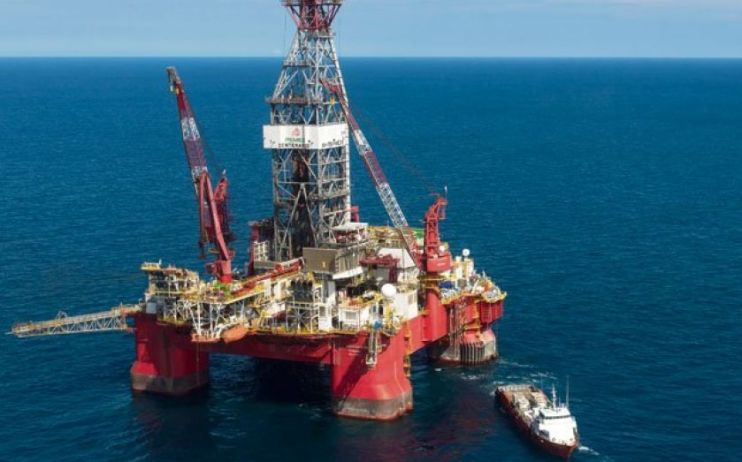Premier Oil trims net debt as oil production gathers pace

Premier Oil cut 2019 operating costs and trimmed its debt pile in the first half of 2019, it told shareholders today.
The London-listed firm cut net debt from $2.33bn at the end of 2018 to $2.15bn (£1.73bn) in the first half of 2019, slashing it by $180m to stay on track to cut full-year debt by over $300m.
Read more: Premier Oil raises guidance amid strong production
Forecasting a cut in 2019 operating costs from $13 per barrel to $12 per barrel, Premier Oil averaged production of 84,100 barrels per day in the first half of 2019.
That represents an 11 per cent rise on the same period last year, leaving the company well prepared to hit its target of 75,000-80,000 barrels per day.
Premier’s UK assets contributed 57,700 barrels per day over the first six months, with the Catcher field producing 34,800 barrels per day.
Premier Oil piled on debt as it developed the Catcher field area in the wake of 2014’s oil price crash.
Chief executive Tony Durrant said: “We have delivered a strong first half. I am particularly pleased with the continued high operating efficiency from our producing portfolio which has enabled us to reduce our debt by $180m.
“This puts us in good stead to meet our debt reduction target for the full year, which remains a top priority for the group.
“In addition, we have retained significant optionality with our future developments and an extremely attractive exploration portfolio which together offer substantial upside exposure.”
David Barclay, senior investment manager at Brewin Dolphin, said Premier Oil is heading in the right direction.
“Reducing leverage has been the major focus for the company in recent times,” he said. “Analysts will hope it can pass through the $2bn mark in the near future.
Read more: Premier Oil’s management get pay boost as shares bounce back
“In production terms, Premier is doing well, with many of its assets outperforming expectations.”
“Although well hedged, Premier Oil’s share price will likely continue to be buffeted by the changing winds of the oil price – the volatility of which has seen shareholders endure a torrid time over the past few years,” Barclay added.
The company’s shares sank by as much as 4.5 per cent this morning as oil prices sank, and was down 1.2 per cent at the time of writing.